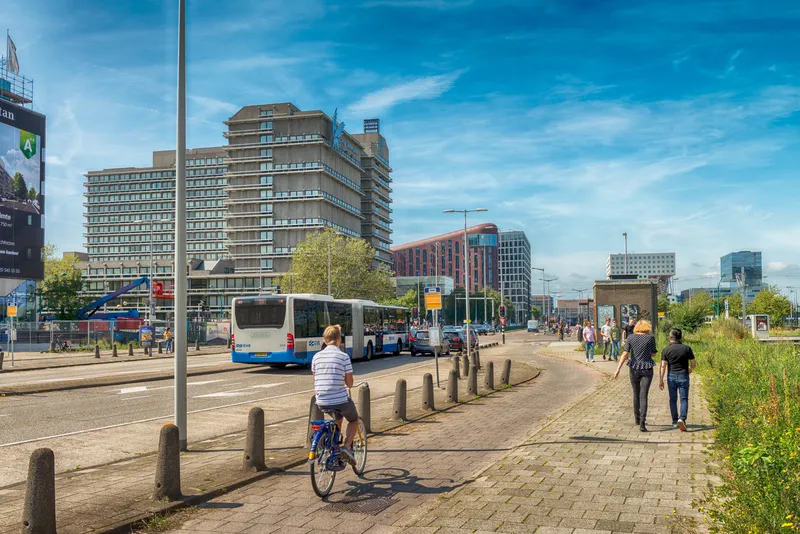
The UK Department for Transport (DfT)'s new Code of Practice for Mobility as a Service (MaaS) has been welcomed by the ITS sector.
Max Sugarman, chief executive of ITS (UK), called it "positive", adding it provided "valuable guidelines in areas like open data, accessibility and commerciality, all of which will support MaaS providers going forward".
MaaS information is already available in apps such as Citymapper and Google Maps, and the new guidance encourages app platform providers to consider accessibility needs when suggesting routes, "which could include outlining wheelchair-accessible routes and stations and providing step-free options for all journeys".
It also recommends that app providers consider safety when suggesting routes - for instance, allowing people to choose “main roads only” options for journeys, keeping to well-lit roads. Apps should also be able to share their live location with a contact while on the move, the code says.
Users in rural areas - where internet connectivity could make accessing online journey planning difficult - are also mentioned: platforms should include offline options, such as a phone number for ordering taxis or claiming compensation for delays, the government guidance adds.
UK technology and decarbonisation minister Jesse Norman says DfT was "encouraging app providers to make the most of the new technology, helping to ensure potentially vulnerable groups and communities are not left behind".
The government suggests MaaS "could lower the cost of journeys for travellers, by ensuring more choice and competition".
Sugarman says ITS (UK) will continue to urge the government to continue its support for MaaS schemes, "particularly through the continued backing of the Future Transport Zones post-2024-25, and explore other regions across the UK where MaaS could be rolled out".
He adds: "With Government’s assistance, the UK can support a more integrated, end-to-end transport system, speed up the decarbonisation and digitalisation of the transport network and deliver economic growth, investment and jobs in a growing intelligent transport sector."
Anna Allwright, customer experience manager at Cubic Transportation Systems, concludes: “MaaS platforms help transit agencies interact with each other and private operators, unifying the last mile for travellers. This is a very real progress to frictionless travel through building confidence in public transport use by delivering meaningful engagement."










